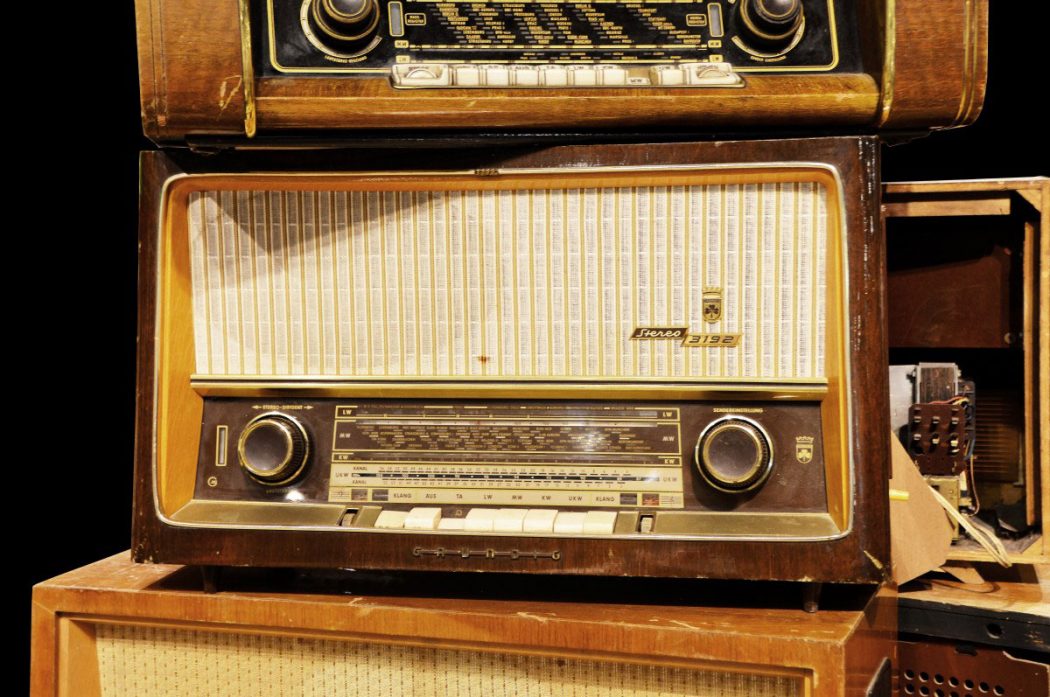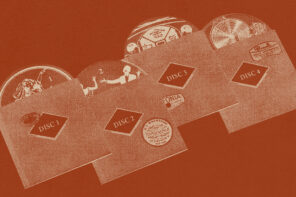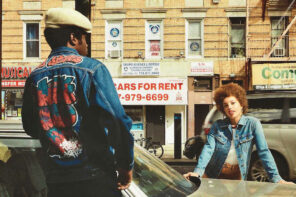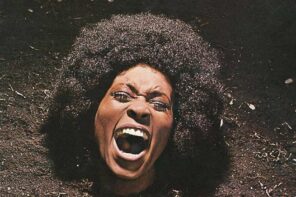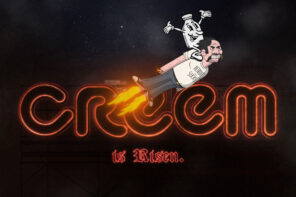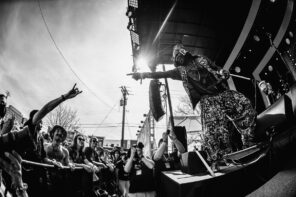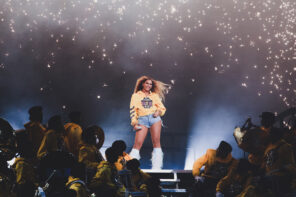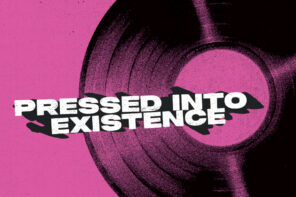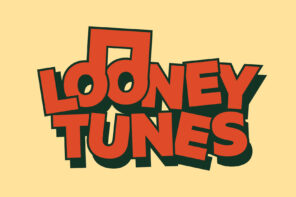Country enters its post-modern, meta-commercial phase
Listen to a station that plays contemporary country for any length of time and you’re liable to be struck by how much the songs are about other, better songs. Sometimes in very direct, literal ways. It’s no surprise that country music is in a rut, one that’s as saccharine and catchy as it is mind-numbing. It has been in this derivative delirium for years, but it seems to be approaching new levels of ouroboros doldrums.The universe of pop country has its own rules, like the Marvel or Star Wars EUs, except instead of having mutant powers or the Force, the world is set in a place out of time, where everything the songwriter has learned about having a good time has come from old beer commercials.
The songs themselves have achieved a post-modern, jingle-istic intensity and nostalgic longing (maybe for back when America was “great?”). Not only in the poppy-production but the songs are littered with brand references—from the make and model of trucks to (many, many) references to beers by name. Flipping on the radio and listening for 30 minutes, you can’t help but think of that scene in Demolition Man, where Sandra Bullock sings along to songs on the “oldies” station on the radio, which are exclusively vintage commercial jingles. We are all a shocked Sylvester Stallone, struggling to contort our botoxed faces into disdain.
These references pretty much only serve to remind the listener that there is a world of better music out there they could be listening to instead.
The banal brand-dropping has extended now from trucks and cars and beers to specific songs or artists. Sometimes this is almost like a sample, a dropped-in riff or line from an old song. If this were the influence of hip hop on country artists, one would have hoped that it would have had far better results. These references pretty much only serve to remind the listener that there is a world of better music out there they could be listening to instead, and you’d change the station if only there was something besides static on the rest of the dial.
But we’ve moved on from Kenny Chesney’s twangy convenience-store take on Jimmy Buffet with “No Shoes, No Shirt, No Problems,” to songs with narratives about watching bands playing and requesting other songs and just straight-up songs about other songs.
The new poster child for this mode of country reminiscence meta-song is “I was Jack (You Were Diane).” Jack Owen sings earnestly enough about all the usual modern country tropes including “Six packs and a Chevy Cheyenne,” and remembers listening to the John Mellencamp hit this song riffs off of. It’s not a cover, per se, but an appreciation and a song about listening to that other song. The famous drum fill drops in on the chorus (and Mellencamp gets a songwriting credit) and at that moment maybe you wish the static would take over the station and the original would crackle through the speakers. And you don’t even really like John Mellencamp.
The self-referential country song does indeed have a tradition going back to the songs to Waylon, Johnny and Bocephus, but today’s stars and producers have a tenuous connection to their history and that tradition. Their relationship to Haggard and Cash comes through Kid Rock, the same way pop-punk bands today seem to have learned everything they need to know about Bad Religion and The Damned from Blink-182.
You know what they say though: Life goes on, long after the thrill of living is gone.

